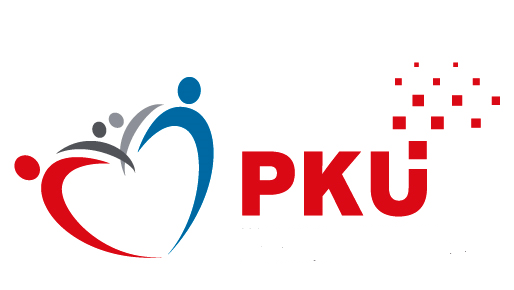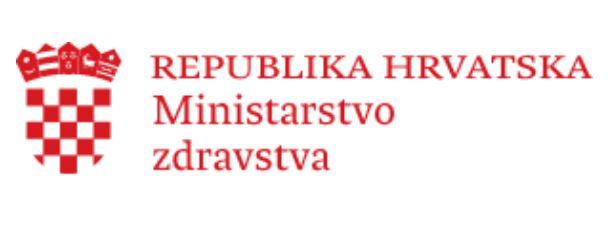International Phenylketonuria (PKU) Awareness Day
International Phenylketonuria (PKU) Awareness Day is observed each year on June 28th to raise awareness about this rare but serious inherited disorder.
This day highlights the importance of early detection, timely treatment, and lifelong adherence to a low-phenylalanine diet in order to prevent irreversible consequences for individuals living with PKU.
It is also dedicated to supporting families, educating the public, and advocating for better access to treatment, specialized food, and medical care.
Marking this day helps connect communities worldwide, encourages the sharing of experiences, and strengthens the voices of those affected — so that everyone living with PKU has the opportunity for a healthy and fulfilling life.

Phenylketonuria (PKU) is a rare inherited metabolic disorder that follows an autosomal recessive inheritance pattern. It is caused by mutations in the PAH gene, which encodes the enzyme phenylalanine hydroxylase, responsible for converting the amino acid phenylalanine into tyrosine.
Phenylalanine is an essential amino acid obtained through food. In PKU, due to the PAH gene mutation, this enzyme is either deficient or completely absent, preventing the conversion of phenylalanine into tyrosine. As a result, phenylalanine accumulates in the blood, and its by-products can have toxic effects on the nervous system, especially on brain development during early childhood.
One of the most severe symptoms seen in individuals with poorly managed PKU is intellectual disability and cognitive impairment. If phenylalanine levels are not properly controlled, these impairments can become permanent and profound, with IQ levels dropping below 50 in the most extreme cases. These consequences are preventable, but only if the condition is diagnosed and treated early. Another common symptom caused by the accumulation of phenylalanine is the occurrence of epileptic seizures. The build-up of this amino acid in the bloodstream negatively affects the nervous system, increasing the risk of seizures. Phenylketonuria can also lead to hyperactivity and behavioral issues. Children with poorly regulated phenylalanine levels often show signs of increased irritability, reduced concentration, learning difficulties, and challenges in social interaction. In addition to neurological symptoms, PKU may cause changes in skin and hair pigmentation. Due to phenylalanine's effect on melanin production, individuals may experience alterations in skin and hair color.
The condition is typically detected shortly after birth through newborn screening.
Treatment involves a strict diet that is very low in phenylalanine to prevent complications. Early diagnosis and consistent adherence to the diet enable normal development and quality of life for individuals with PKU.
In Croatia, there is a structured national newborn screening program, which includes testing for phenylketonuria (PKU).
Thanks to this timely detection, children with PKU can begin dietary management early and have the opportunity to live healthy, high-quality lives without lasting consequences.

In Croatia, there is an Association for Assistance to Families with Phenylketonuria, established in 1990 and based in Zagreb, at Kišpatićeva 12.
The association organizes educational programs, workshops, and provides support for individuals with PKU and their families, while also advocating for their rights.
Contact:
President of the Association: Ivana Antunović
Mob: 099/213-7650
Mail: ihecimovic@gmail.com
Web: https://www.fenilketonurija.hr/

This content was created with the financial support of the Ministry of Health. The content of this document is the sole responsibility of the Croatian Alliance for Rare Diseases and under no circumstances can it be considered as reflecting the views of the Ministry of Health.


